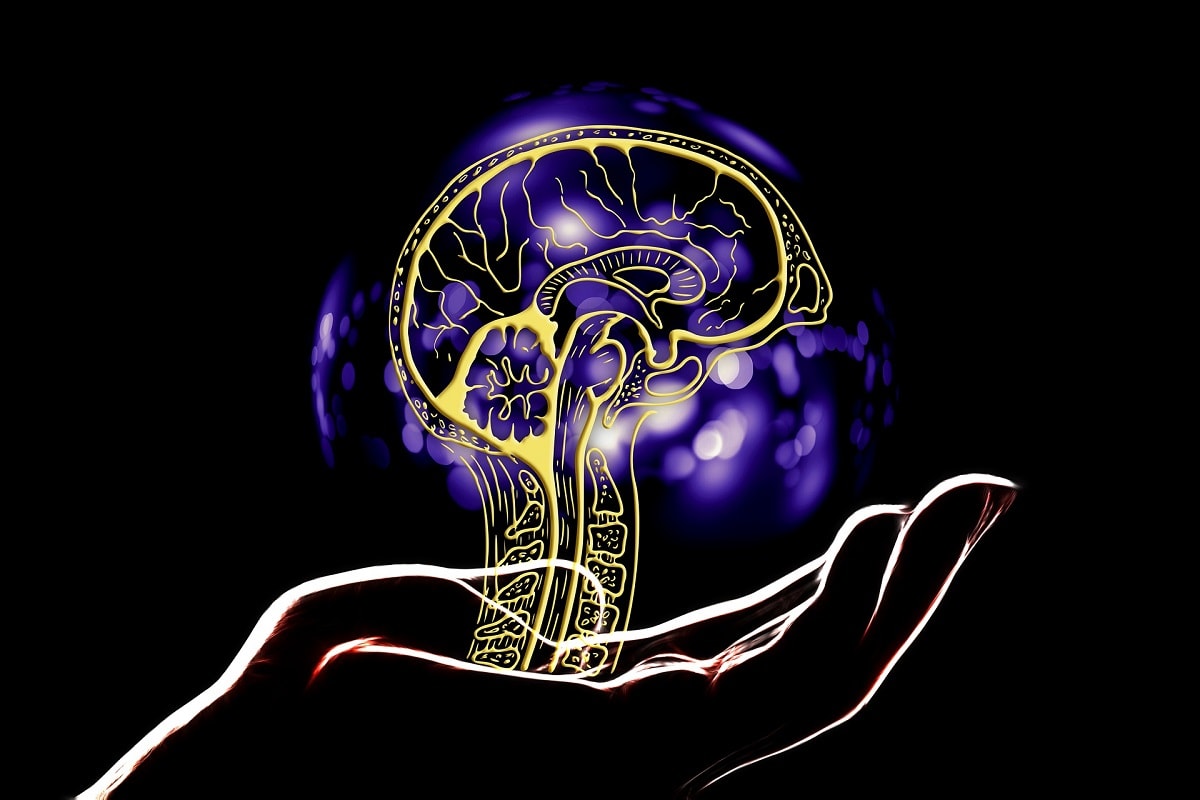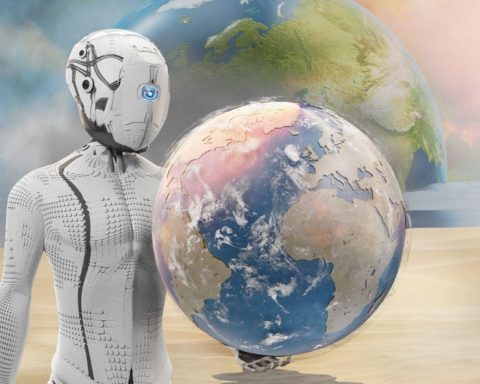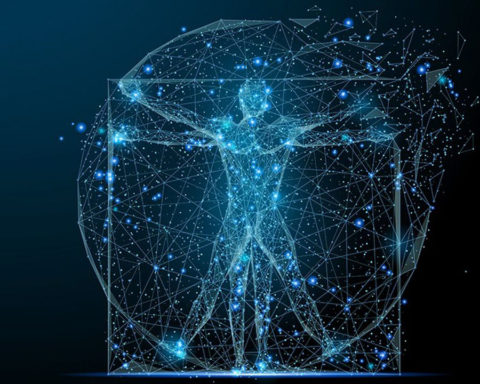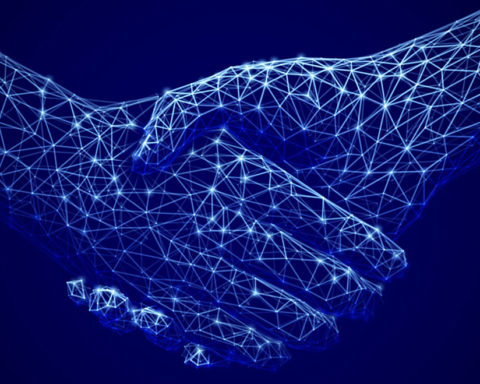The Director-General of UNESCO, Audrey Azoulay, has appointed 24 of the world's leading experts on the social, economic and cultural challenges of artificial intelligence (AI) to draft internationally applicable recommendations on the ethical issues raised by the development and use of AI.
These appointments follow the decision taken by UNESCO's 193 Member States at its last General Conference in November 2019 to entrust the Organization with the elaboration of the first global standard-setting instrument on the ethics of artificial intelligence, over a period of two years.
The process relied on the preliminary study by the World Commission on the Ethics of Scientific Knowledge and Technology (COMEST) of UNESCO. The study pointed out that currently no global instrument covers all the areas that guide the development and application of AI in a people-centred approach.
Indeed, rapid technological advances in the field of Artificial Intelligence (AI), as well as other technological advances such as robotics, cloud computing and the Internet of Things, are transforming disciplines, economies and industries, and challenging what it means to be human. AI has enormous potential for the common good and the promotion of the achievement of Sustainable Development Goals if it is developed in a way that benefits humanity, respects global norms and standards, and is rooted in peace and development.
This group of experts is composed of women and men from diverse cultural backgrounds, from all regions of the world, a wide range of stakeholders, including the scientific community, people from different cultural backgrounds and with different ethical perspectives, minority groups, civil society, government and the private sector.
It is comprised of leading scientists and professionals with in-depth knowledge of the technological and ethical aspects of AI. Among them are Julie Owono Assevini (Cameroon), Catherine Tessier (France), Fatima Roumate (Morocco) and Jean-Philbert Nsengimana (Rwanda).
At their first meeting, scheduled for April 20-24, they will begin to examine the complex ethical choices facing the world in the current emerging phase of AI.
" It is our responsibility to conduct an informed universal debate in order to enter this new era with our eyes wide open, without sacrificing our values, and to establish a common global foundation of ethical principles for artificial intelligence. "said Audrey Azoulay.
This expert group has been tasked to prepare a draft text, which will be presented to the various stakeholders at national, subregional and regional levels for their comments by next autumn. The text will then be submitted to UNESCO's Member States for adoption at the next General Conference in 2021.












